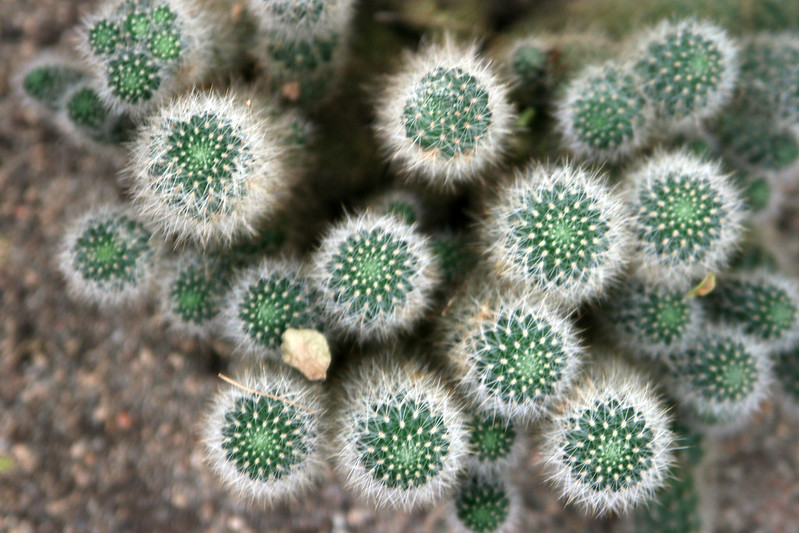The potential intersection of climate change and anti-microbial resistance

- Date
- Thursday 17 March 2022, 11:00 - 12:00
- Location
- Online
This seminar will explore the potential intersection of climate change and anti-microbial resistance (AMR), an area that has received little attention. Both AMR and climate change are considered major global health challenges, sharing similar complex, interdisciplinary, and multi-scalar policy constraints. Yet there are a range of additional linkages between climate change and AMR that remain largely unexplored:
- Microbial replication -- underpinning development of resistance -- is frequently dependent on temperature and environmental conditions, with the potential for climate changes to affect mechanisms leading to resistance;
- Use of antimicrobials themselves -- and the health resource burden of AMR -- have a substantial carbon footprint within the health care sector;
- Both AMR and climate change are closely linked to agricultural systems, both in terms of key drivers of risk and opportunities for solutions.
In this context, it is critical that ambitious responses to AMR and climate change are considered and assessed collectively, to avoid inadvertent harm from silo-ized policies. This seminar will introduce the audience to the potential links between climate change and AMR and our efforts to catalyse research focus in this area, as well as seek lively discussion on how Leeds can play a role in integrating research and policy for AMR-climate.
Lea Berrang Ford is a Professor and Research Chair in Climate and Health in the Priestley International Centre for Climate, and an expert in health adaptation to climate change, systematic evidence synthesis for climate & health, and the health impacts of climate change. Professor Berrang Ford is a Lead Author for the upcoming Intergovernmental Panel on Climate Change (IPCC-WGII) report, and leads international interdisciplinary research on Indigenous health and climate change in the Canadian north, the Peruvian Amazon, and southwestern Uganda. She was recently recognised on Reuters ‘Hot List’ of top global climate scientists.
Image: "Microbes" by QuinnDombrowski is marked with CC BY-SA 2.0.
